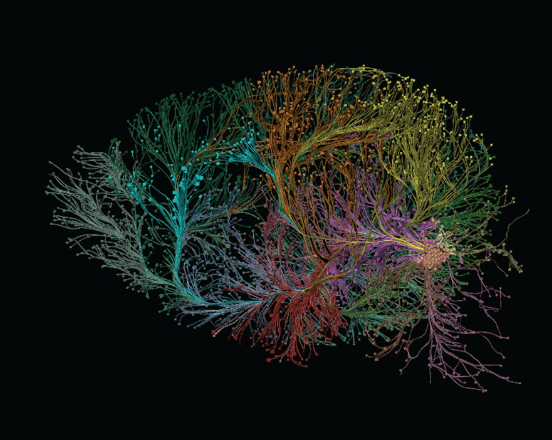
Wed, 2019/11/20
RGS4 Found to Maintain Chronic Pain Symptoms in Rodent Models
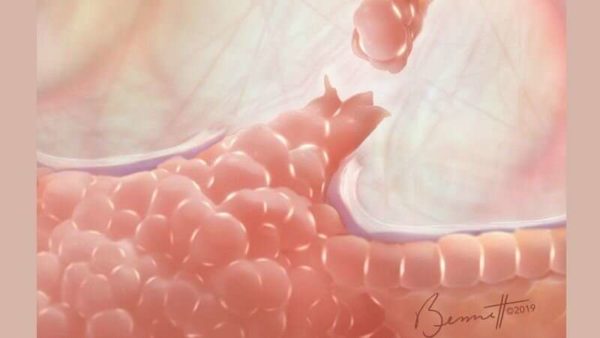
Thu, 2019/10/24
E-cadherin Found to Be an Essential Protein for Metastasis of Various Breast Cancers
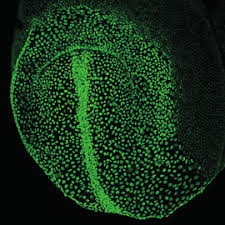
Mon, 2019/06/10
TDP-43 and Paraspeckle: Key Factor to Determine Stem Cells Differentiated or Remain Pluripotent

Mon, 2019/06/10
New Research Reveals How Light-sensitive Proteins Regulate Skin Tone
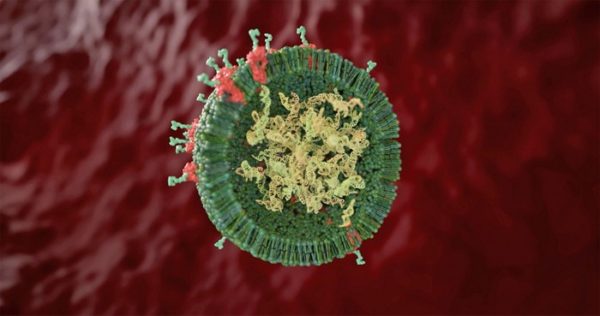
Fri, 2019/05/10
The Application in Cancer Diagnosis of Exosomes
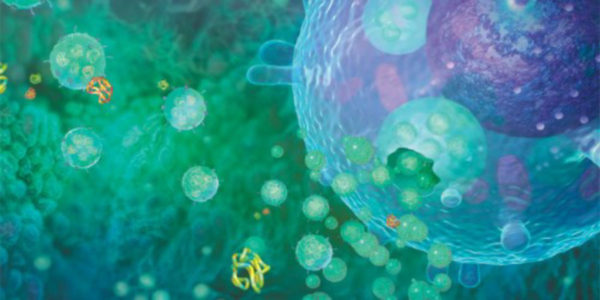
Fri, 2019/05/10
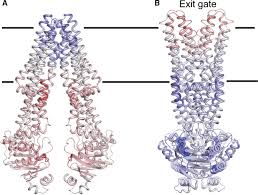
Thu, 2019/04/04
New Study Reveals That Protein TRAIP is The Major Regulator of DNA Cross-linking Repair
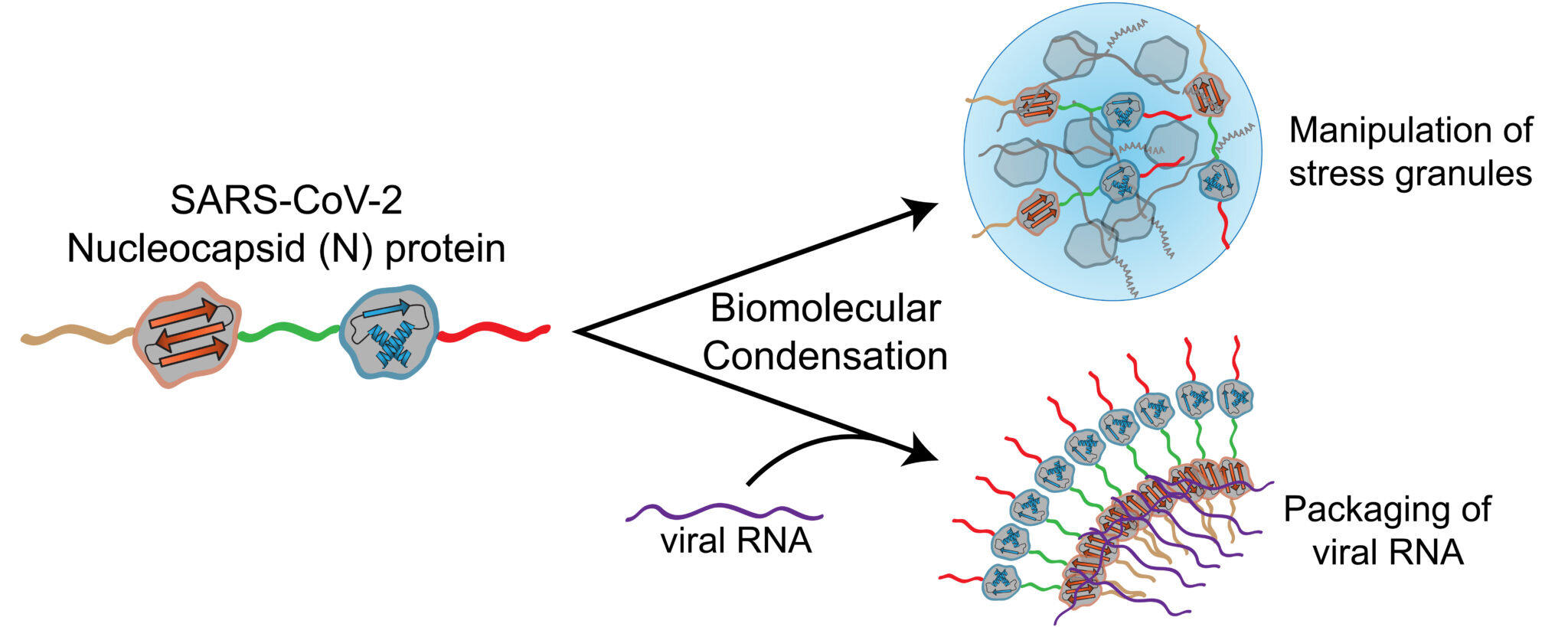
Thu, 2019/04/04
Summary on The Status Quo and Future Development of Protein Modification Research
